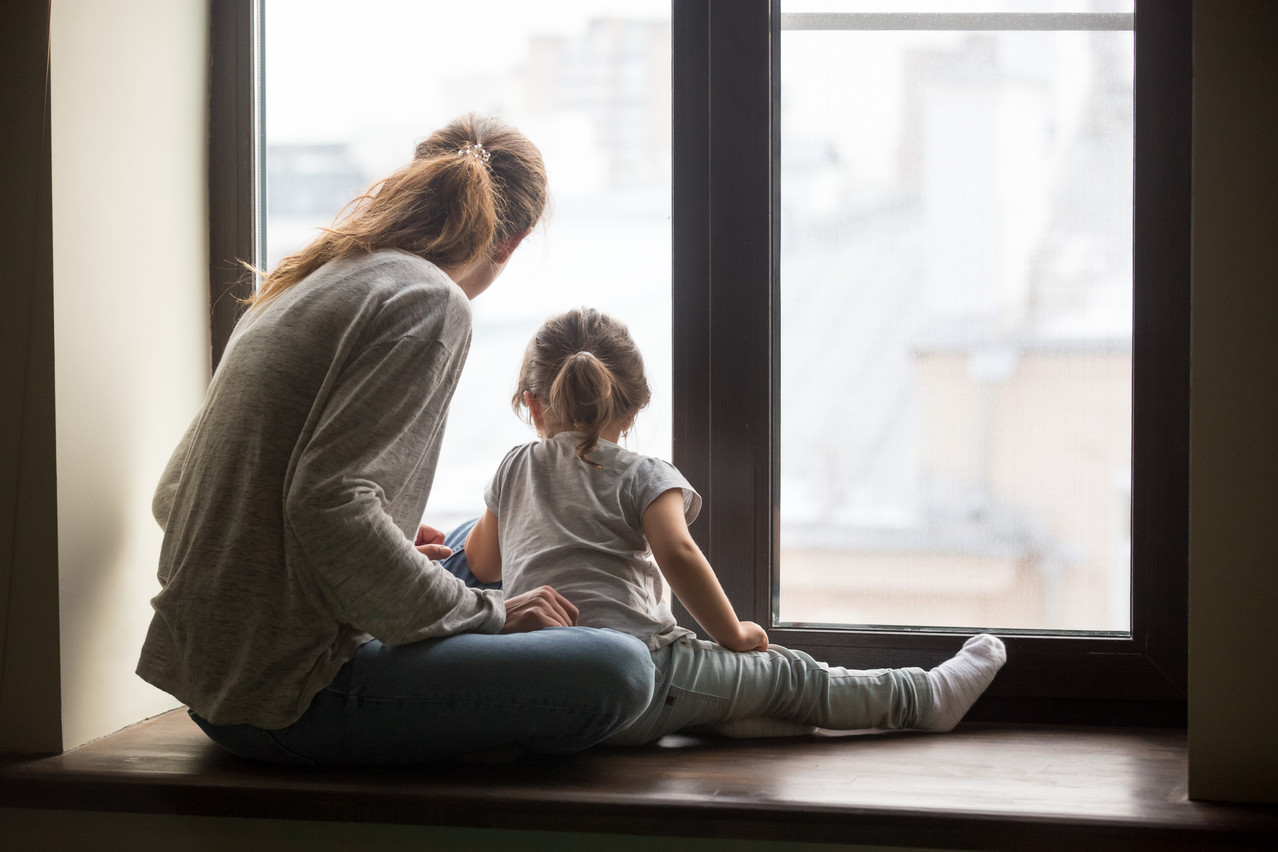Inflation in 2022 is hitting lower income families more: energy and food prices hit their budget differently than it did higher income groups. According to national statistics bureau Statec's annual report on work and social cohesion presented on 14 October, lower income families see inflation grow to 8.5% in June 2022, compared to the 7.4% average.
The report puts the minimum monthly budget needed for an adequate life (also permitting social activities) at €5,186 for a couple with three children. For a couple with one young child below the age of 6, the limit has been set at €3,608. These budgets include housing, energy, food, mobility, clothing and other expenses part of a family's spending in Luxembourg.
Subsidies for children cover part of expenses
The cost of raising a child evolves with their age. “We had it in our coalition agreement that we would study the cost of children, because it is important for us that we can conduct fact-based politics,” said family minister (DP) during a brief intervention at the conference.
Statec estimates a monthly budget of €334 for babies under six months, while at 18 months, parents would need to spend an average of €411 on food, clothing, education, and other activities, not including basic amenities like housing and energy. This value gradually grows, reaching €744 a month for a 17-year-old girl.
According to Statec, this increase is linked to not just food expenses, but also a blooming social life and the cost of a driving license--something Statec researchers consider essential for adults-to-be wanting to become independent in the grand duchy. However, other expenses such as a bigger house or apartment, a larger car or higher energy consumption aren’t included in this estimate.
Head of Statec Serge Allegrezza in his presentation underlined that for children under 6 months, state subsidies cover 100% of the €334 budget, while they cover ¾ of the needs of 8–14-year-olds, and less than half of the budget for teens (46%). Cahen reminded of some existing government subsidies that had been implemented, such as free schoolbooks for public schools or the recently adopted gratuity of maison-relais for children.
“We don’t want to stop here though, we want to regularly evaluate what a family needs,” the family minister said.
Single parents could struggle to make ends meet even with aids
Families relying on the social inclusion revenue Revis and who apply for all other available aids like the cost-of-living subsidy--which has increased due to inflation--and the energy aids, as well as child benefits, rent subsidies and tax benefits, could cover all their expenses, the report found. This includes families with two or one parents, and one to three children. However, the risk of not being able to reach the reference budget was highest for single parents with three children who would need between €4,976 and €5,011 a month to cover expenses for their family.
For minimum-wage earners, prospects look bleaker. In every composition where only one parent could provide for the household, with a minimum income, they fail to meet the reference budget.
If only one parent is active, they will need €3,385 a month to cover expenses for themselves and two children below the age of six. are currently set at €2,776.05 gross for a qualified worker and €2,313.38 for an unqualified worker. Even with child, tax and housing subsidies, they would struggle to offer an adequate lifestyle to their children.
“That’s why it’s important that people who earn minimum wages should also request what is now called an allocation d’inclusion (inclusion benefit), so they can reach the reference budget,” said Statec’s Anne Franziskus.
“It’s not always more attractive to work for a minimum wage than to get Revis,” Allegrezza confirmed when asked about the relative attractiveness of the minimum wage for single parents. “It depends on the number of children, of course, but it is only enough if a single parent who works full-time and only has 2 young children.”
